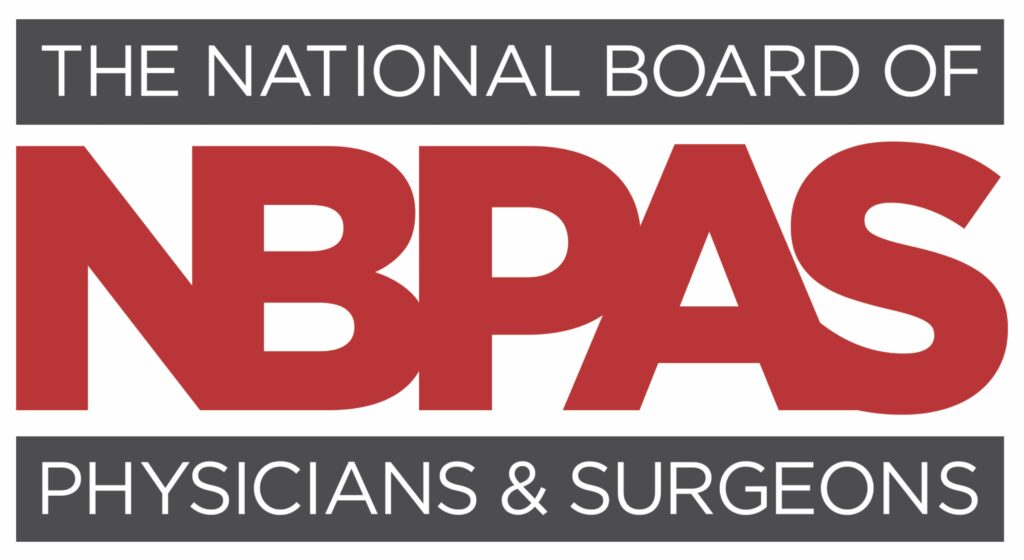Including excessive amounts of sugar in your diet can have negative effects on your health. While it’s widely known that an excessive amount of added sugars aren’t good for you, the extent of their impact might not be fully realized.
High amounts of added sugar intake over significant periods of time may contribute to a higher chance of developing diseases, including obesity, heart disease, diabetes, Alzheimer’s, depression, and even some types of cancer. To lower your chances of disease and for a healthier mind and body altogether, consider reducing your added sugar intake.

The Connection Between Sugar and the Brain
It’s common for people to associate sugar with weight gain because they can physically see changes in the body. However, physical changes are not the only consequence of consuming too much added sugar.
Consuming added sugars on a consistent basis can cause chronic inflammation of the brain, as well as other organs that impact weight and energy levels. A brain’s inflammatory response has shown a decrease in cognitive abilities that control learning and memory. Inflammation can cause the brain to age quicker than it should, resulting in symptoms of forgetfulness, confusion, and “brain fog.”
Chronic inflammation can also be associated with mental health and certain behaviors in individuals. However, inflammation itself does not cause depression or anxiety. Mental health and inflammation can both be affected by excessive sugar consumption.
When individuals become accustomed to consuming added sugar on a regular basis, they fall victim to a vicious cycle that can quickly become addictive. We’ve likely all been found guilty of reaching for a sweet treat when we feel strong emotions such as stress, sadness, or exhaustion. That quick rush of dopamine and adrenaline you get from sugar, along with the delicious taste itself, is only temporary relief but can quickly progress into a bad habit for your mind and body.
Benefits of Cutting Back On Sugar
Reducing sugar from a diet can increase one’s quality of life, no matter their age or health status. However, it’s important to be mindful of what forms of sugar to cut out. There are natural sugars that can be found in fruit, dairy, and vegetables that also contain nutrients like fiber, vitamins, and minerals. These foods are actually essential for one’s diet. It’s the added sugars that can be found in processed and already prepared and packaged foods that can be a problem.
In addition to the physical benefits of cutting back on added sugars, there are also significant benefits that can positively impact brain function.
Improved Brain Function
Studies have shown that excessive sugar intake is related to cognitive alterations. In some cases, excessive sugar intake and/or prevalence of obesity can increase a person’s chance of developing Type 2 Diabetes. According to research published by Johns Hopkins in 2014, diabetes appears to age the mind roughly five years faster than the normal effects of aging. There’s a significant cognitive decline associated with diabetes, pre-diabetes, and poor glucose control in people with diabetes, which can all be associated with high added sugar intake.
For one’s brain to function at its best for as long as possible, it’s essential to be mindful of how much sugar is in your diet and maintain healthy eating habits.
Better Memory and Focus
A diet that’s high in sugar has also been proven to negatively affect metabolism and memory. A study published in Nutritional Neuroscience claims that consuming high amounts of fructose (a type of sugar) over an extended period weakens insulin signaling in the hippocampus, leading to memory deficits.
With less sugar in your diet, you can more easily focus and retain information, resulting in better memory and brain function.

How to Cut Back On Sugar
On average, Americans consume around 270 calories or 17 teaspoons of added sugars a day. This is significantly higher than the recommended limit of 200 calories or 12 teaspoons. Cutting back on added sugars in one’s diet can be difficult to do, especially in a society where many meals are pre-packaged for convenience. But, there are a few ways to reduce this addictive ingredient in your daily meals.
Speak to a Nutrition Counselor
A nutrition counselor is beneficial because they can provide personalized guidance that’s tailored to an individual’s specific needs and goals. They will assess your current dietary habits, offer education about the sources of added sugars, assist in meal planning, monitor progress, and, most importantly, assist in the behavioral strategy behind dieting.
For example, a nutrition counselor can help people identify triggers for sugar cravings and develop coping strategies to resist them. Combatting regular sugar consumption can be a lot harder than it sounds due to its addictive nature, so reaching out for assistance is beneficial.
Mirabile M.D. offers nutrition programs personalized to your specific goals, while also taking into account your medical history. We have a long-standing history in the Overland Park area, with a medically supervised weight loss and wellness program overseen by board-certified physician James Mirabile, M.D.
Try Appetite Suppressants
Appetite suppressants can potentially help people reduce their sugar intake by helping them control cravings, reduce hunger levels, and refrain from overeating.
Try Semaglutide
Semaglutide is an injection used once a week to help control blood sugar in type 2 diabetes, but when used in higher doses, it can help individuals lose weight. This medicine belongs to a class of drugs called GLP-1 receptor agonists. These drugs mimic the action of a hormone called glucagon-like peptide-1 (GLP-1), which is released in response to food intake and plays a role in regulating appetite.
By activating GLP-1 receptors in the brain, semaglutide can help suppress appetite and reduce cravings for high-calorie and sugary foods. Additionally, semaglutide can enhance insulin sensitivity, helping to regulate blood sugar levels. The stabilization of blood sugar levels may also indirectly reduce sugar cravings.
Our weight loss team at Mirabile M.D. can work closely with you to develop a plan based on your lifestyle and medical history. We offer support, education, and guidance during your health journey. And, for those who qualify, we offer both prescription appetite suppressants and GLP-1 agonists medications, such as Semaglutide.
To learn more about our services, schedule a complimentary consultation with us today, and we’ll start your journey to a healthier lifestyle.

